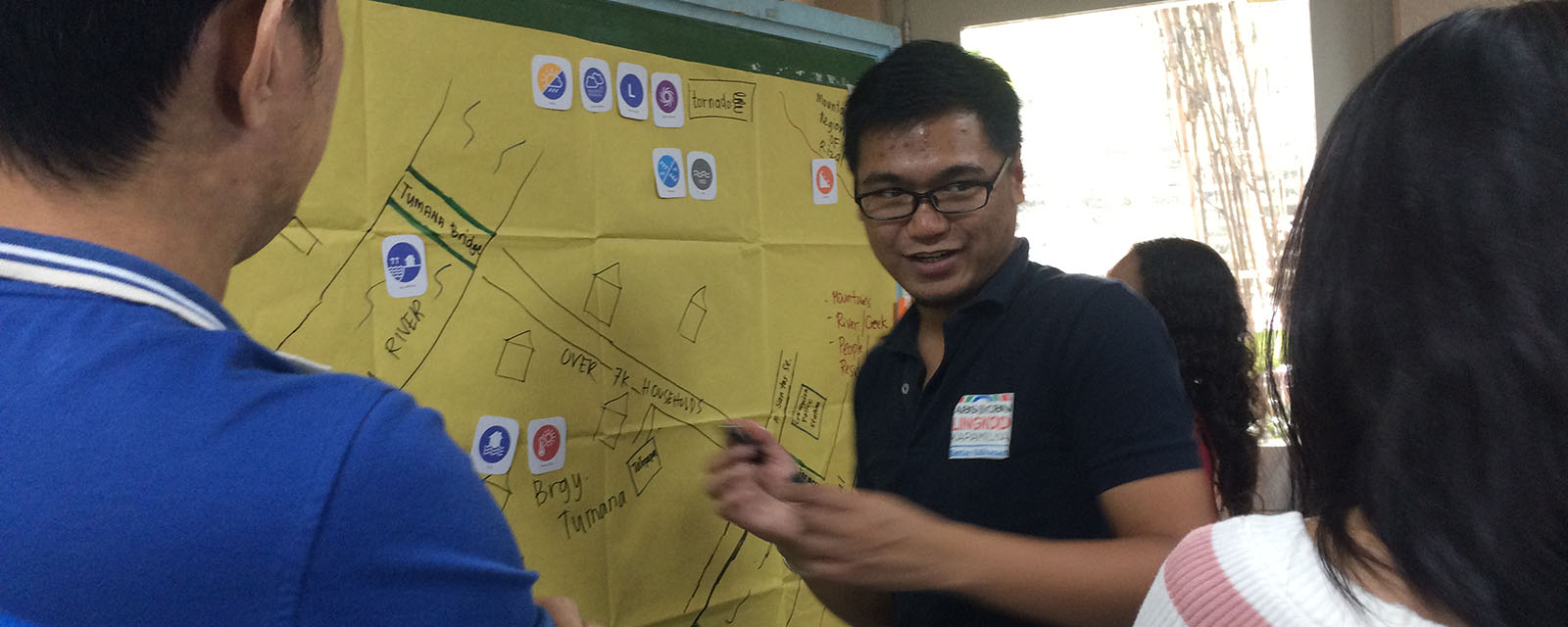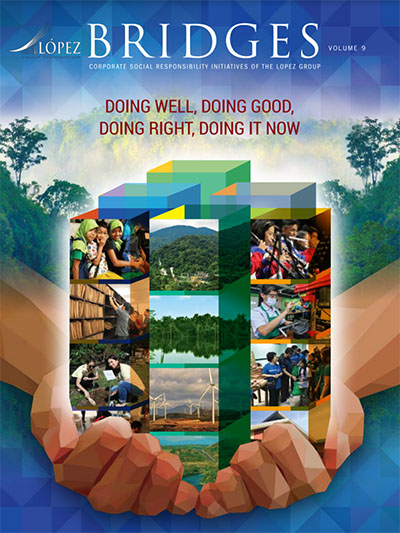
Tapos ‘yun sabi ko sa asawa ko, aalis ako sa school, lilipat ako sa kalye. Kasi mas kailangan nila ako. Mas kailangan nila ng teacher sa kalye.”
Bro. John Edelberto Beinte, street educator for Childhope Philippines, shared his sentiments why he left his old job as a public school teacher to educate street children.
In the Philippines, street children are often seen selling food, picking up trash, or playing on the busy streets. It is also common that street children go from door-to-door of each car, knocking softly on the windows, asking for change. But not known to many, street children have a whole new agenda at night.
These children are called CICL or Children in Conflict with the Law. “Sila ‘yung mga batang snatcher, holdaper, nakapatay, nakasaksak, nagso-solvent, nagra-rugby. Sila ‘yung mga batang na napariwala or neglected… pinabayaan na ng lipunan,” said Bro. John.
Children on the streets are at risk of becoming CICLs, that is why Ate Academy was established in 2013 by Childhope Philippines and Museo Pambata. Using Knowledge Channel Foundation’s (KCFI) multimedia learning resources, it aims to educate street children on basic literacy, numeracy, and values so they may successfully reintegrate into the public school system.
Ate Academy offers their sessions everyday with volunteer opportunities every Saturday afternoon. They handle street children ages 5 years old to 17 years old that roam the streets of Roxas Boulevard, one of the major thoroughfares in the City of Manila. Students range from 5 to 30 every week, depending on which children are not working that day.

Alternative Education
Since 1995, Childhope Philippines has been providing interventions for street children and even adults. Through their work, they have established alternative learning as a way to reach out to out-of-school children and youth. As shared by Lorna Sales, Program Supervisor of the Street Education Program, alternative learning is the informal education conducted in the streets.
“Ang layunin nito ay mabigyan ng life skills at basic literacy skills ang mga batang kalye. Kasi hindi sila nakakapag-aral, karamihan sa kanila ay zero knowledge talaga. Ito ‘yun nakita naming paraan upang magkaroon sila ng edukasyon habang nasa kalye,” shared Lorna.
Life skills include protection skills, human rights education, and livelihood skills. These lessons are taught to improve the survival capabilities and awareness for the rights of street children and adults.
Although, street education has not always been full of testimonies and easy-going sessions. Street educators, teachers of street education, consider these sessions as also times to allow their troubled street children to share their own experiences outside of their alternative classroom.
Bro. John confessed that it is not always easy for his CICL students to fully embrace the importance of education. He reminisces the times where a student’s dangerous life experiences conflicts with the student’s willingness to learn. “Pinapakilala ko sa kanya [one of the students] kasi ang Diyos. Tapos sinabihan niya ako na, “Paano ako maniniwala sa Diyos na sinasabi mo? Nasaan ‘yung Diyos na sinasabi mo noong minomolestiya at nire-rape ako ng tatay ko?””
However, this has made street education advocates such as Ate Academy and Childhope Philippines, strive harder to give plenty of opportunities and diversity in learning.

A Gift of Knowledge
In order to keep their learners motivated and engaged to learn, Ate Academy has been using KCFI’s Portable Media Library. Lorna expressed that KCFI has helped in filling the gaps they needed for street education.
“Ang Knowledge Channel ay isa ito sa mga tool na ginagamit din ng street educator na kung saan maraming nilalaman na for literacy, [katulad ng] tungkol sa disaster. Nakakatulong talaga para mapunan natin ‘yung kung ano man ‘yung kakulangan sa ginagamit namin sa aming street education.”
Kathleen Zambas, Partnership Coordinator of Museo Pambata and one of the primary teachers in Ate Academy, shared that she has a storytelling approach in teaching and often used Knowledge Channel’s shows based on the interest of the learners. “Syempre ‘yung iba wala naman sa school, ‘yung iba ‘di naman nakaka-relate. So pinipili ko ‘yung mga suitable sa kanila.”
Finally, Bro. John expressed that that television shows from KCFI offers a different perspective on their street students because they do not own any televisions sets. “Kaya ang laking pasalamat sa mga module ng Knowledge Channel kasi much more na… Kasi itong mga batang ito, mas gusto nilang nanunuod ng TV. Mas gusto kong ginugugol nila ‘yung panahon nila sa panunuod ng TV.”

















